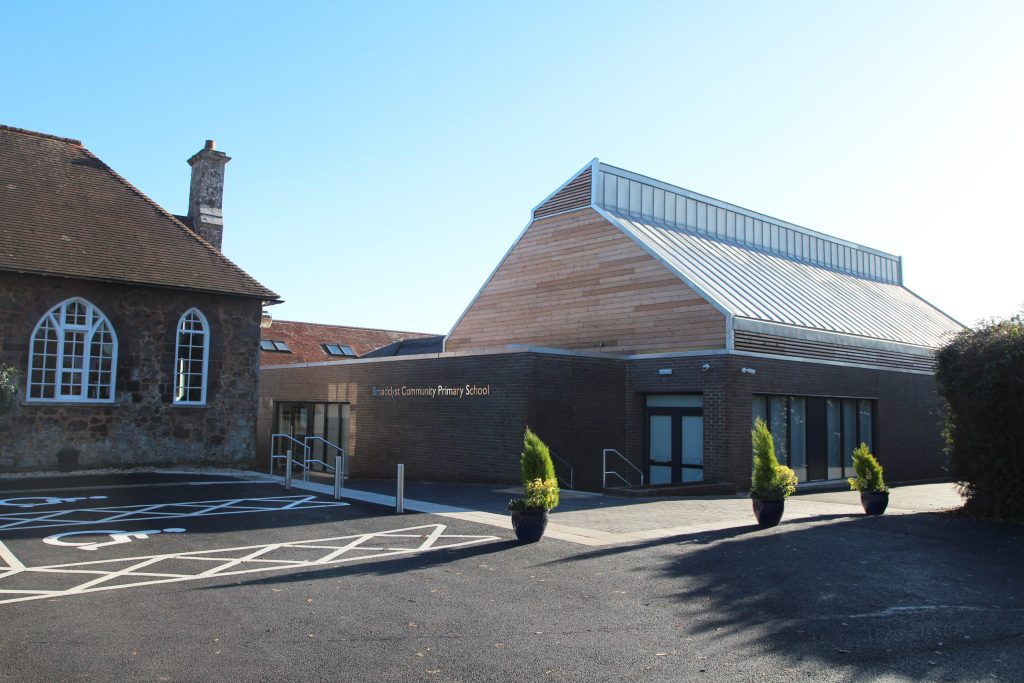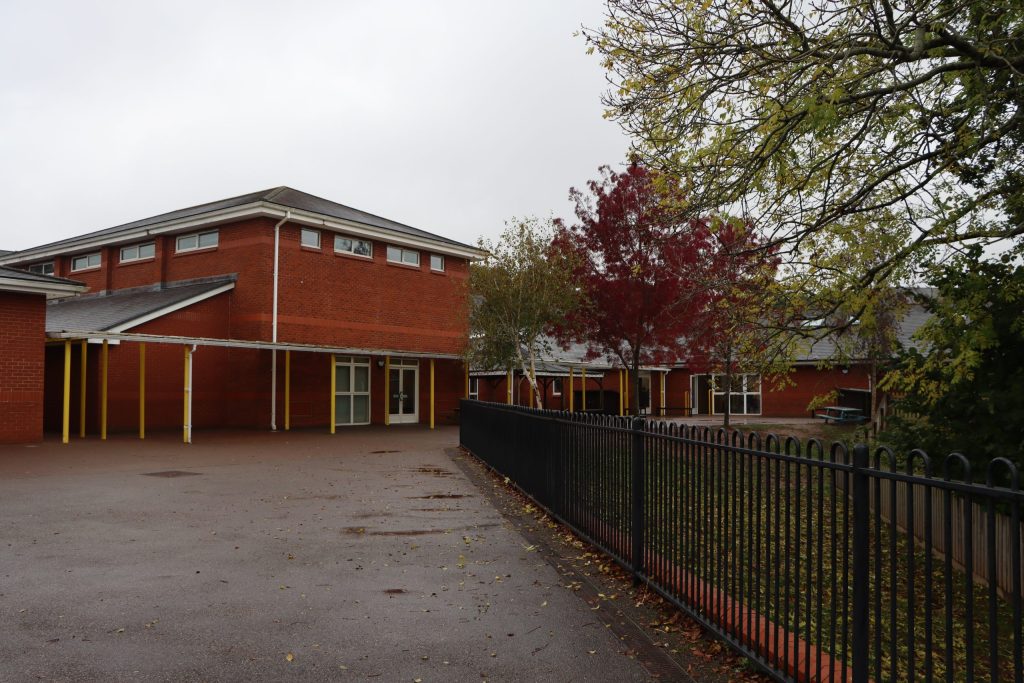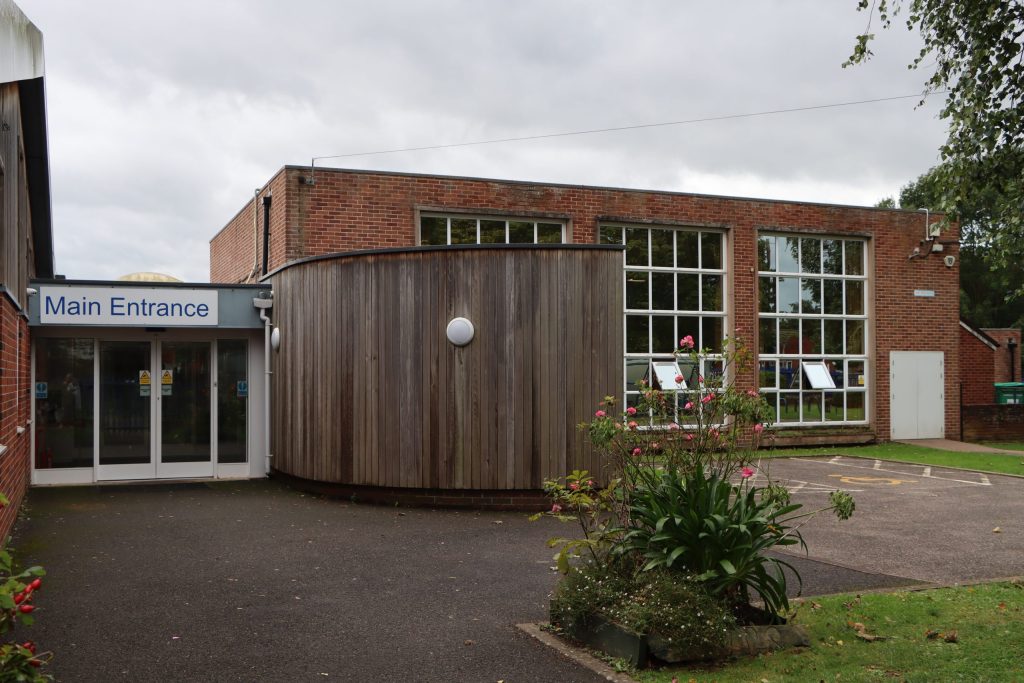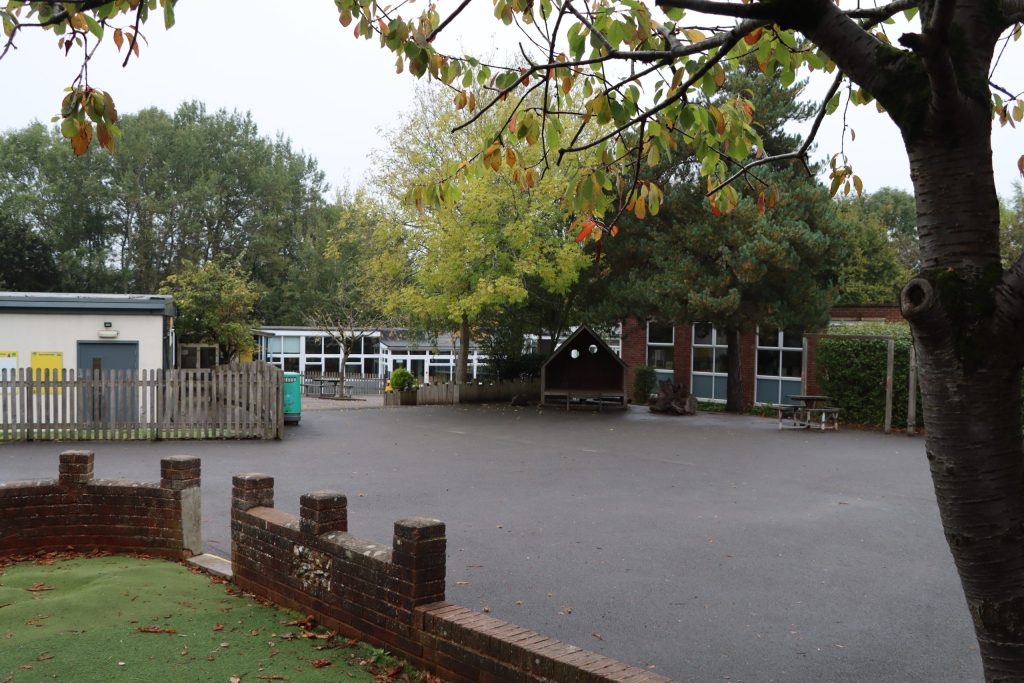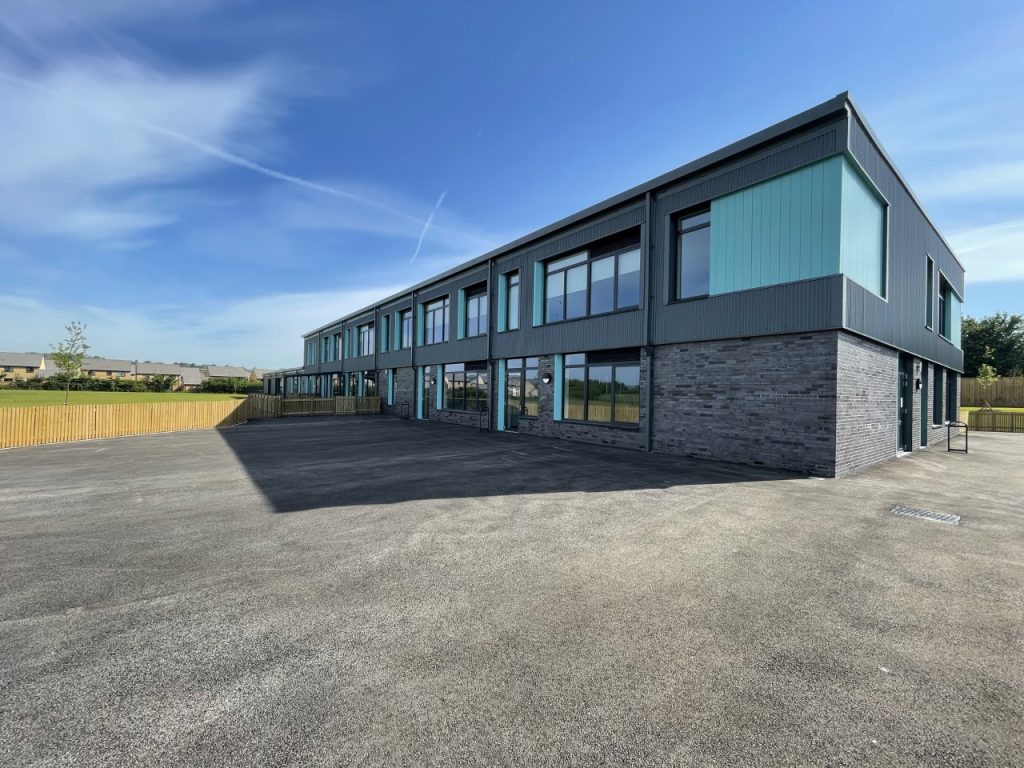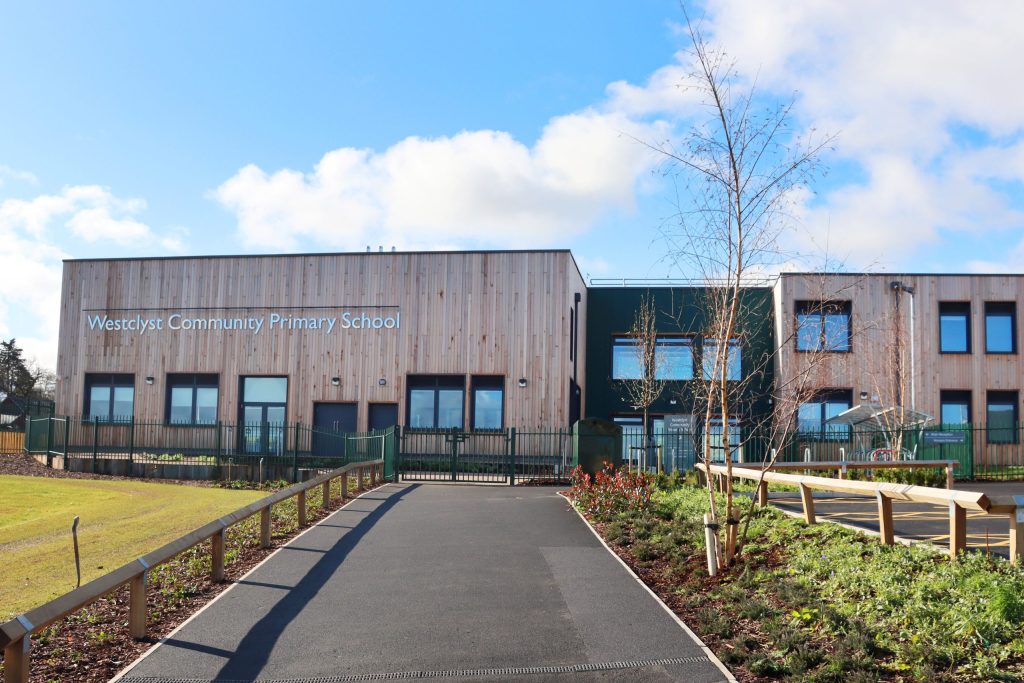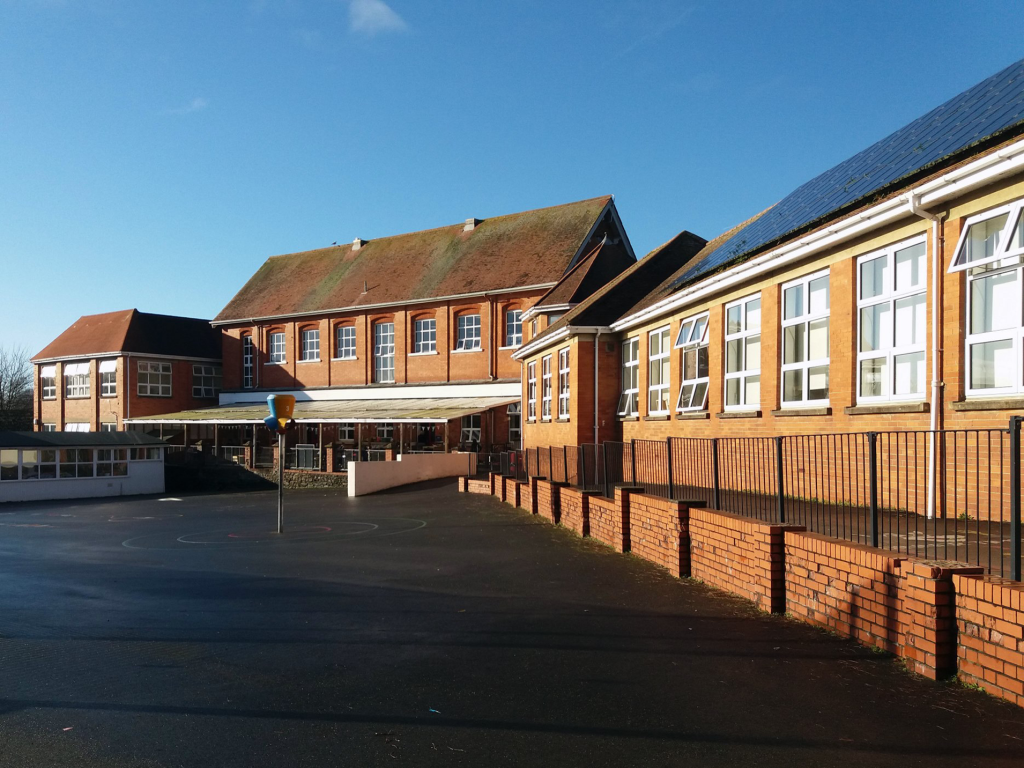Physical Education
Our high-quality physical education program is crafted to motivate all pupils to achieve and excel in competitive sports and other challenging physical activities. We provide opportunities for children to build their physical confident, which supports their health and well-being.
All children experience a broad range of sports, allowing all pupils to experiment with various sports. They will team up for football, netball and rugby as well as getting involved with athletics, gymnastics and dance. In Years 5 and 6, the sports opportunities are extended to include sailing, climbing, golf, dance and mountain biking. Our school sports teams have the opportunity to participate in both local and national curriculum.
Nursery
In Nursery, pupils develop their physical skills through daily opportunities for movement, play, and exploration. They take part in activities that build strength, balance, and coordination, such as climbing, running, jumping, and dancing. Children also begin to develop fine motor skills through threading, cutting, and using tools like paintbrushes and scissors. Outdoor play is a key part of the day, giving children the space to move freely and build confidence in their physical abilities. Through fun games and imaginative play, pupils learn to move safely, negotiate space, and begin to understand the importance of being active and healthy.

Physical Development
Physical activity is vital in children’s all-round development, enabling them to pursue happy, healthy and active lives11. Gross and fine motor experiences develop incrementally throughout early childhood, starting with sensory explorations and the development of a child’s strength, co-ordination and positional awareness through tummy time, crawling and play movement with both objects and adults. By creating games and providing opportunities for play both indoors and outdoors, adults can support children to develop their core strength, stability, balance, spatial awareness, co-ordination and agility. Gross motor skills provide the foundation for developing healthy bodies and social and emotional well-being. Fine motor control and precision helps with hand-eye co-ordination, which is later linked to early literacy. Repeated and varied opportunities to explore and play with small world activities, puzzles, arts and crafts and the practice of using small tools, with feedback and support from adults, allow children to develop proficiency, control and confidence.
Reception
In Reception, pupils continue to develop both gross and fine motor skills through a wide range of structured and exploratory activities. They take part in PE lessons that focus on fundamental movement skills such as running, jumping, balancing, and ball handling. Children also explore dance, gymnastics, and team games, helping them to build coordination, rhythm, and teamwork. Fine motor development is supported through activities like cutting, drawing, and model making. Pupils are encouraged to take risks, try new movements, and reflect on their physical achievements. They also begin to learn about healthy lifestyles, including the importance of hygiene, exercise, and nutrition
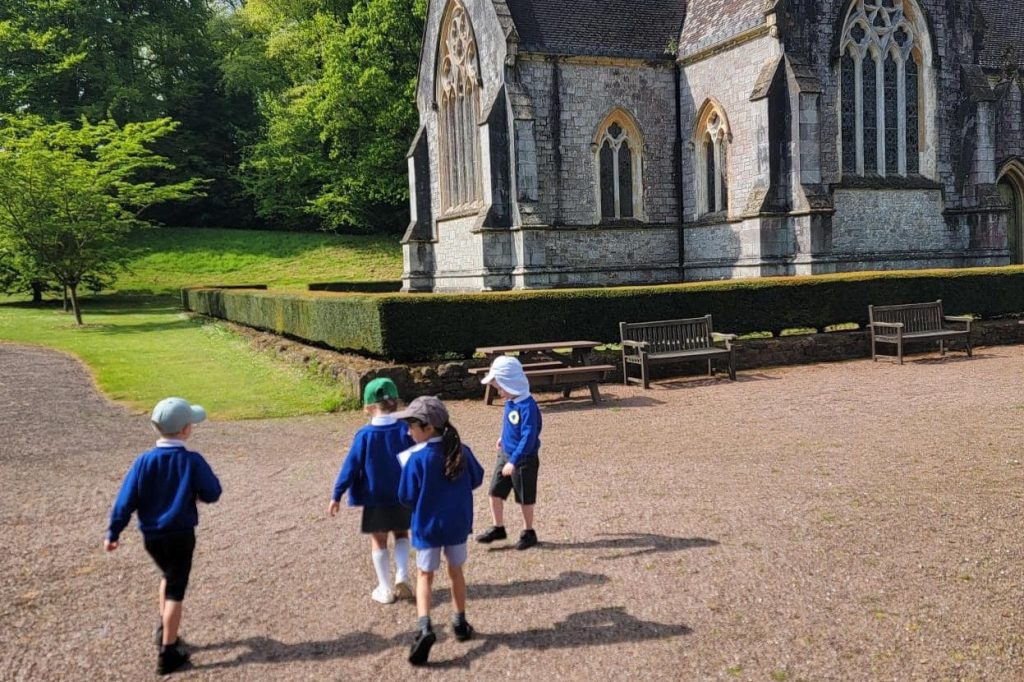
Physical Development
Physical activity is vital in children’s all-round development, enabling them to pursue happy, healthy and active lives11. Gross and fine motor experiences develop incrementally throughout early childhood, starting with sensory explorations and the development of a child’s strength, co-ordination and positional awareness through tummy time, crawling and play movement with both objects and adults. By creating games and providing opportunities for play both indoors and outdoors, adults can support children to develop their core strength, stability, balance, spatial awareness, co-ordination and agility. Gross motor skills provide the foundation for developing healthy bodies and social and emotional well-being. Fine motor control and precision helps with hand-eye co-ordination, which is later linked to early literacy. Repeated and varied opportunities to explore and play with small world activities, puzzles, arts and crafts and the practice of using small tools, with feedback and support from adults, allow children to develop proficiency, control and confidence.
Year 1
In Year 1, children explore a wide range of physical activities that help them build strength, coordination, and confidence. They develop ball skills through throwing, catching, and agility games, and learn how to hold and use a racket in tennis, practising rallies, target shots, and serving. In gymnastics, they work on balances, both individually and with a partner, and create simple routines. Through dance, children explore movement by linking actions and responding to music with creativity and control. In athletics, they try out events like sprinting, long jump, and javelin throwing, and take part in fun races such as egg and spoon and skipping. The year also includes a Trust football competition, where they practise dribbling, passing, and shooting—building teamwork and a love of sport.
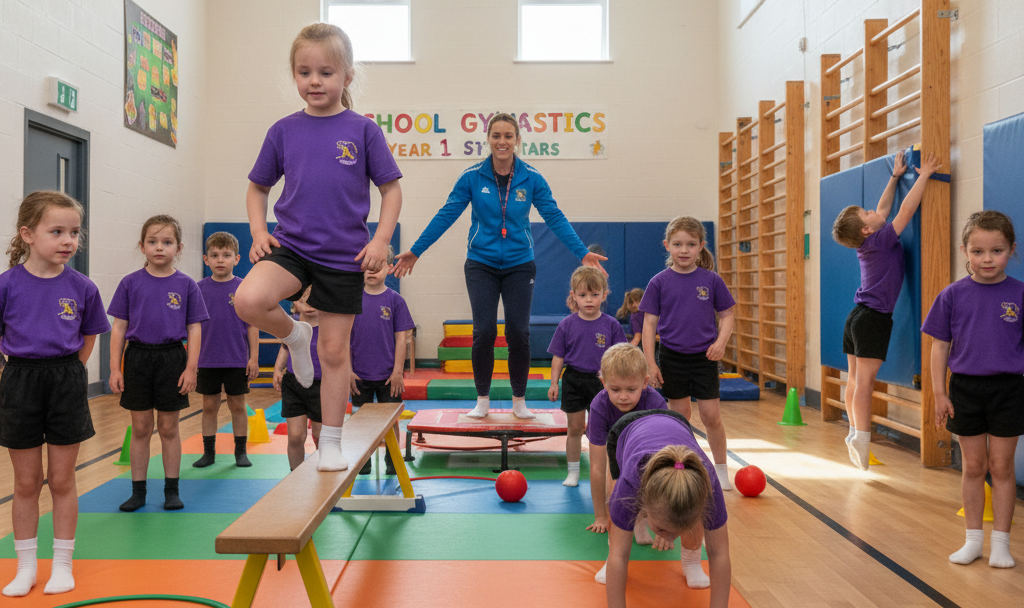
- Develop balance, coordination, and agility through jumping, hopping, skipping, and ball control
- Practise throwing, catching, and kicking with increasing accuracy
- Participate in team-based games that encourage cooperation and spatial awareness
- Learn basic football skills including passing, dribbling, and shooting
- Engage in simple relay-style and target games to build teamwork and strategy
- Perform individual and partner balances and link them into short sequences
- Explore movement types (e.g. slow/fast, high/low) and respond to music through dance
- Create and perform simple dance routines using imagination and rhythm
- Take part in athletics activities such as sprinting, standing long jump, and relay races
- Practise throwing for accuracy using bean bags and howlers
Year 2
In Year 2, children take part in a wide variety of physical activities that support their development, teamwork, and enjoyment of movement. They build core gross motor skills such as balance, jumping, and throwing, and apply these in sports like basketball, where they practise dribbling, passing, and shooting. In gymnastics, children explore body shapes, rolls, and jumps, creating sequences that develop control and coordination. Through dance, they respond to music and stories—like Kitchen Disco and Mini Rabbit, Not Lost—to create expressive routines. Later in the year, they learn skills for cricket and rounders, including bowling, fielding, and catching, and prepare for sports day with sprints, relays, and long jump. The PE curriculum encourages every child to feel confident, included, and excited to be active.
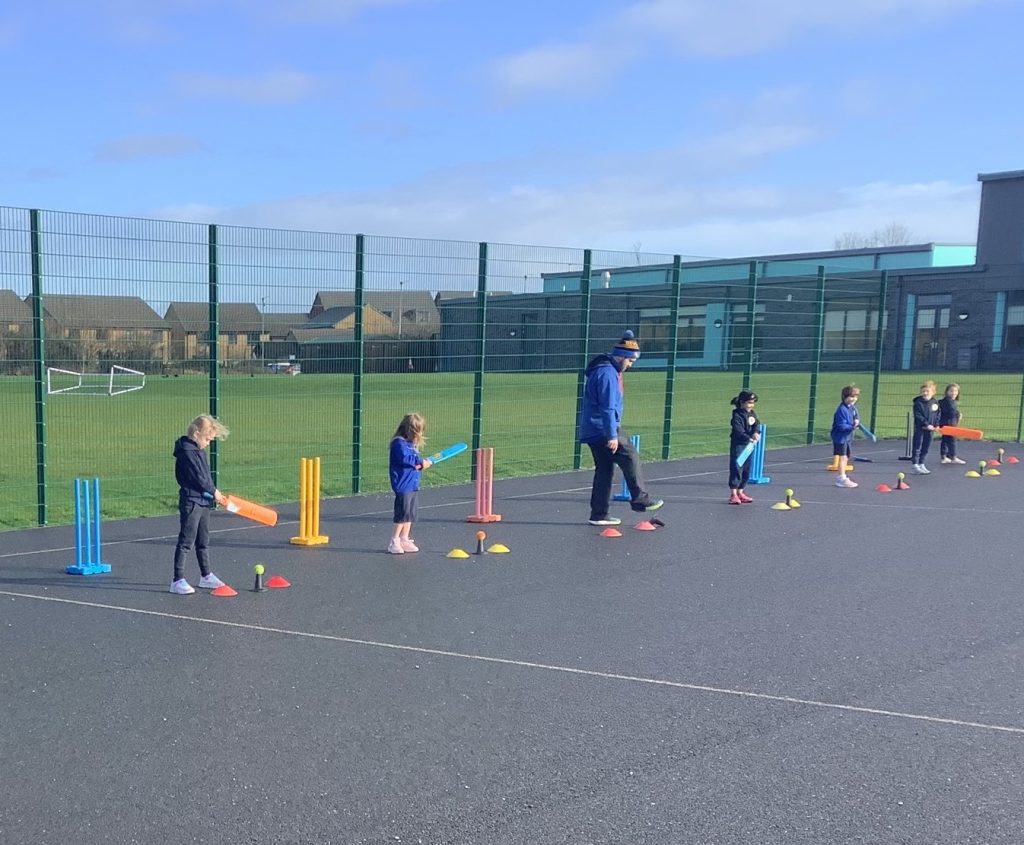
- Refine gross motor skills including strength, balance, and coordination
- Improve throwing, catching, kicking, and jumping techniques
- Develop skills in basketball, including passing, dribbling, shooting, and basic attacking/defensive play
- Learn cricket/rounders techniques such as underarm and overarm bowling, fielding, and catching
- Perform a sequence of body shapes, rolls, and jumps in gymnastics
- Create and perform a dance routine inspired by themes such as food and travel, using mirroring and expressive movement
- Prepare for sports day with activities like sprinting, long jump, relay, and throwing events
Year 3
In Year 3, pupils develop fundamental movement skills and begin to apply them in a range of activities. They participate in gymnastics, building balance, flexibility, and coordination. Dance is explored through creative routines, with a highlight being the Harvest Festival performance. Pupils are introduced to team sports including football, rugby, netball, and hockey, learning the basics of teamwork and fair play. Solo sports such as climbing (site dependant), table tennis, and running help pupils build confidence and personal challenge. In the summer term, children enjoy cricket, tennis, rounders, and athletics, developing striking, fielding, and running skills. Swimming lessons are also provided, with the aim for all pupils to work towards confidently swimming 25 metres.
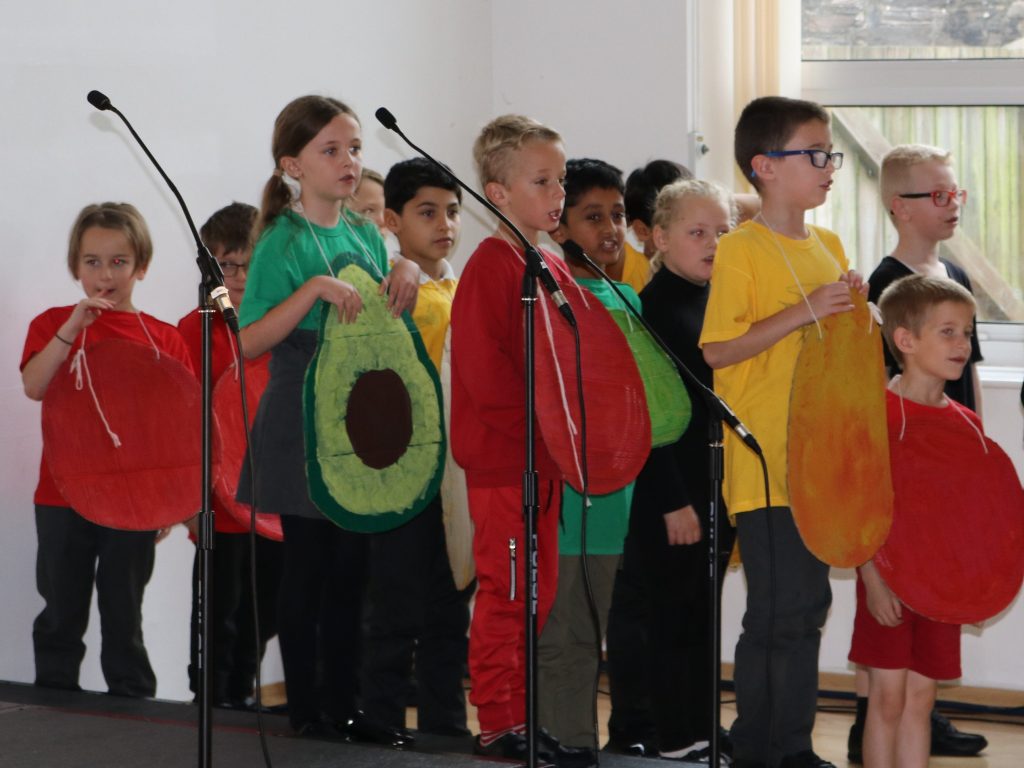
- Develop running, jumping, throwing, and catching skills in isolation and combination.
- Participate in competitive games such as football, netball, hockey, and tennis, applying basic attacking and defending principles.
- Build flexibility, strength, technique, control, and balance through gymnastics and athletics.
- Perform dances using a range of movement patterns.
- Experience outdoor and adventurous activities, focusing on teamwork and individual challenge.
- Communicate, collaborate, and compete with others, enjoying teamwork and friendly competition.
- Begin to compare performances and set personal improvement goals.
- Learn to evaluate and recognise their own success.
- Work towards swimming competently and confidently over a distance of at least 25 metres.
- Learn basic strokes and safe self-rescue techniques.
Year 4
Year 4 continues to build on the strong foundations set in previous years, with pupils further developing their skills in gymnastics and dance through more complex routines and expressive movement. Team sports such as football, rugby, netball, hockey, and basketball are taught with a focus on control, tactics, and effective teamwork, helping children understand the importance of strategy and cooperation. Pupils also have opportunities to participate in individual sports like climbing (where available), table tennis, and running, which encourage personal challenge, resilience, and self-improvement. Summer brings a variety of sports including cricket, tennis, rounders, and athletics, allowing children to refine their striking, fielding, and running skills in a supportive and competitive environment. Swimming lessons continue throughout the year, with all pupils supported to work towards confidently swimming 25 metres. By the end of Year 4, children have developed a broad skill set, increased confidence, and a positive attitude towards physical activity and healthy lifestyles.
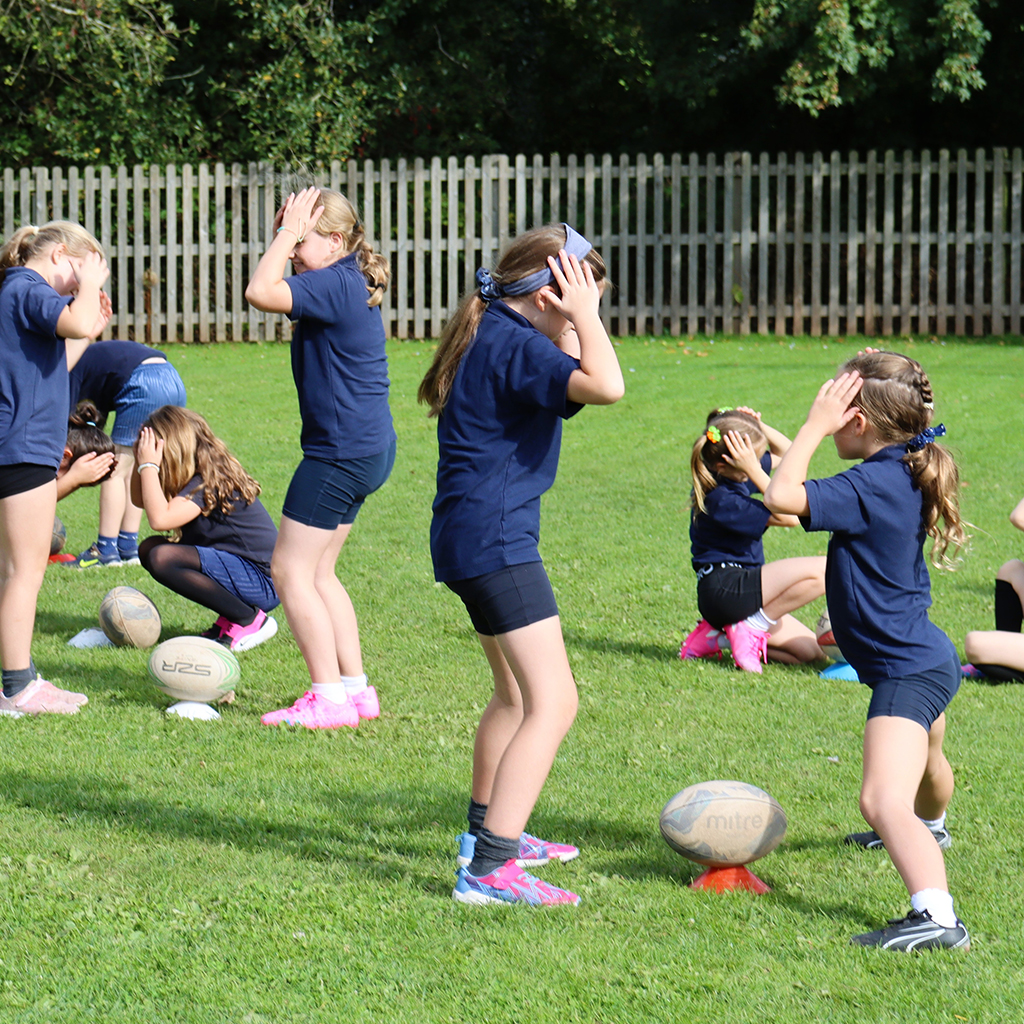
- Refine running, jumping, throwing, and catching skills in a variety of sports.
- Play competitive games including football, rugby, netball, hockey, basketball, and tennis, focusing on control, tactics, and teamwork.
- Further develop flexibility, strength, technique, control, and balance through gymnastics and athletics.
- Perform more complex dances and movement sequences.
- Take part in outdoor and adventurous activities, both individually and in teams.
- Communicate and collaborate effectively, developing leadership and sportsmanship.
- Compare performances with previous ones and demonstrate improvement.
- Evaluate their own progress and recognise achievements.
- Continue swimming lessons, aiming to swim 25 metres confidently.
- Practise a range of strokes and safe self-rescue in water-based situations.
Year 5
Year 5 pupils enjoy a diverse and engaging PE curriculum, with access to a wide range of games and sporting opportunities. Alongside gymnastics, dance, and the core team sports of football, rugby, netball, and basketball, children may also experience activities such as climbing, golf, kayaking, or cycling, depending on the facilities available at their site. Individual sports like table tennis and athletics encourage pupils to set personal goals and strive for their personal best. Lunchtime squads and interschool competitions offer chances for children to represent their school, develop teamwork, and build sportsmanship. The curriculum also supports the development of leadership skills and resilience through both team and individual challenges. Summer sports, including cricket, tennis, rounders, and athletics, provide further opportunities for skill development and friendly competition, helping pupils prepare for the transition to Year 6 and beyond.
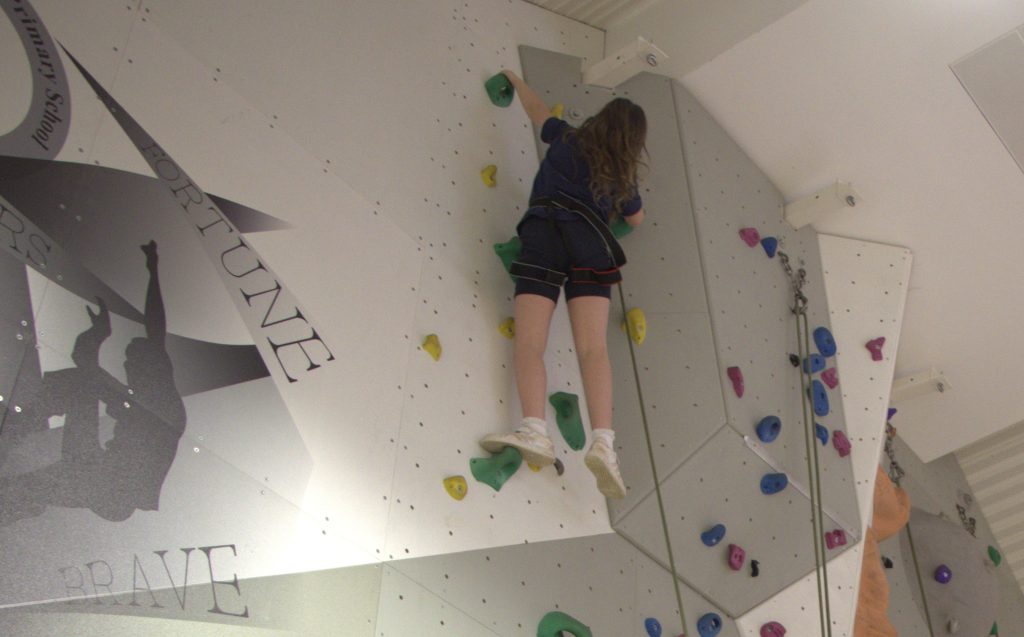
- Apply and develop a broader range of skills in games such as football, rugby, netball, basketball, climbing, golf, kayaking, cycling, table tennis, and athletics.
- Play competitive games, using tactics for attacking and defending.
- Enhance flexibility, strength, technique, control, and balance through athletics and gymnastics.
- Perform dances with varied movement patterns and styles.
- Take part in outdoor and adventurous activities, building resilience and teamwork.
- Communicate, collaborate, and compete in lunchtime squads and interschool competitions.
- Set personal goals and strive for personal bests in individual sports.
- Evaluate performances and recognise areas for improvement.
- Swim competently and confidently over at least 25 metres.
- Use a range of strokes effectively and practise safe self-rescue.
Year 6
Year 6 pupils benefit from a broad and dynamic PE curriculum, designed to challenge and inspire every child. Alongside core activities such as gymnastics, dance, and major team sports, children have the chance to experience a wider range of sports, including climbing, golf, kayaking, and cycling, depending on the facilities available at their site. Participation in lunchtime squads and interschool competitions is strongly encouraged, helping pupils to develop leadership, teamwork, and sportsmanship in a supportive environment. The curriculum also emphasises personal fitness, resilience, and the importance of healthy, active lifestyles. Summer sports such as cricket, tennis, rounders, and athletics continue to be a highlight, allowing children to refine their skills and enjoy friendly competition. By the end of Year 6, pupils are well-prepared for secondary school PE, equipped with confidence, a broad skill set, and a positive attitude towards lifelong physical activity.
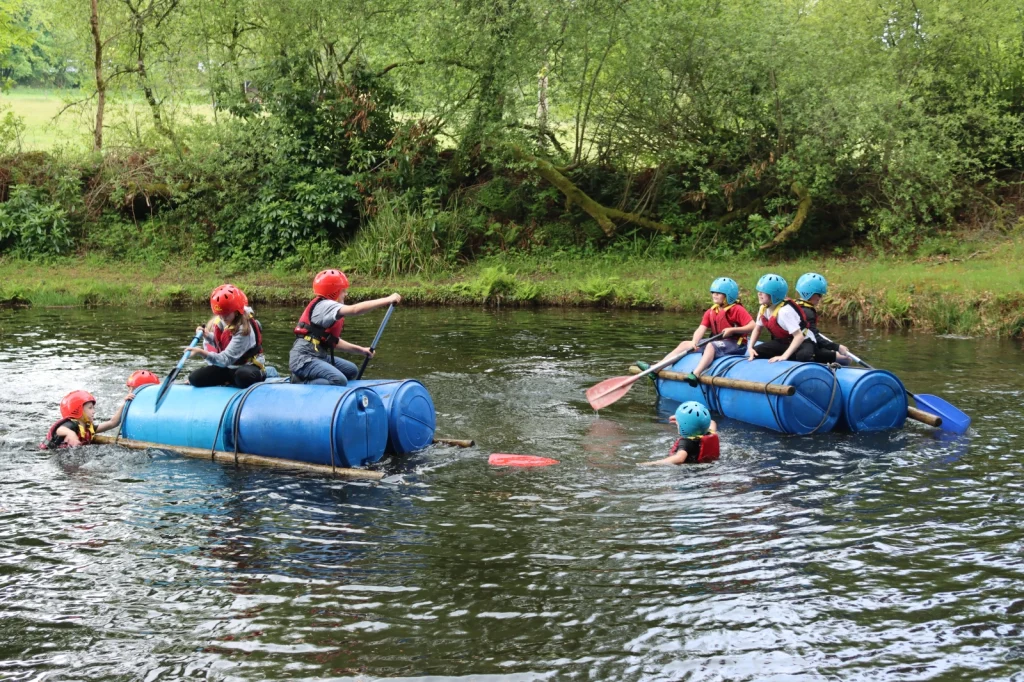
- Master running, jumping, throwing, and catching in a wide range of sports and activities.
- Play competitive games including football, rugby, netball, basketball, climbing, golf, kayaking, cycling, cricket, tennis, rounders, and athletics, applying advanced tactics.
- Develop advanced flexibility, strength, technique, control, and balance through gymnastics and athletics.
- Perform dances with complex movement patterns and expressive sequences.
- Participate in outdoor and adventurous activities, demonstrating leadership and teamwork.
- Communicate and collaborate in squads and competitions, showing sportsmanship and leadership.
- Compare performances, set goals, and demonstrate improvement to achieve personal best.
- Evaluate their own success and support others in achieving theirs.
- Swim competently, confidently, and proficiently over a distance of at least 25 metres.
- Use a range of strokes effectively and perform safe self-rescue in different water-based situations.
Contact: admin@tcat.education
Phone: 01392 304040
© The Cornerstone Academy Trust 2025



